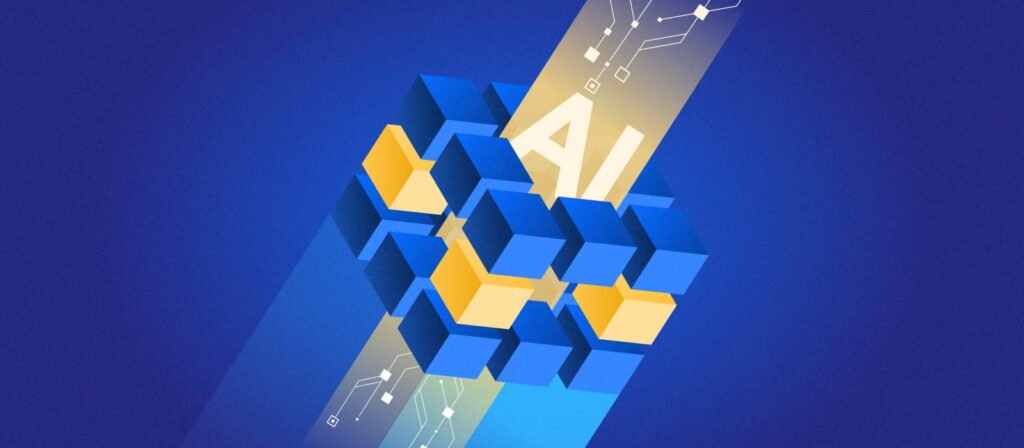Decentralized AI: Can Blockchain Keep Big Tech in Check?
Can decentralized AI, supported by blockchain, keep big tech in check? In this article, we explore how blockchain technology can enhance privacy, transparency, and fairness in AI, potentially disrupting the control that major tech companies have over the industry. Discover if these innovations, including how decentralized AI can blockchain keep big tech in check, can truly democratize AI.
Key Takeaways
- Decentralized AI promotes innovation and accessibility by utilizing distributed networks, reducing costs, and fostering collaboration through permissionless access.
- Centralized AI systems pose significant risks, including power concentration, privacy invasion, and inherent biases, necessitating a shift towards decentralized solutions.
- Integrating blockchain with AI enhances security, transparency, and data integrity, offering a more equitable ecosystem while addressing major challenges facing AI development.
The Rise of Decentralized AI
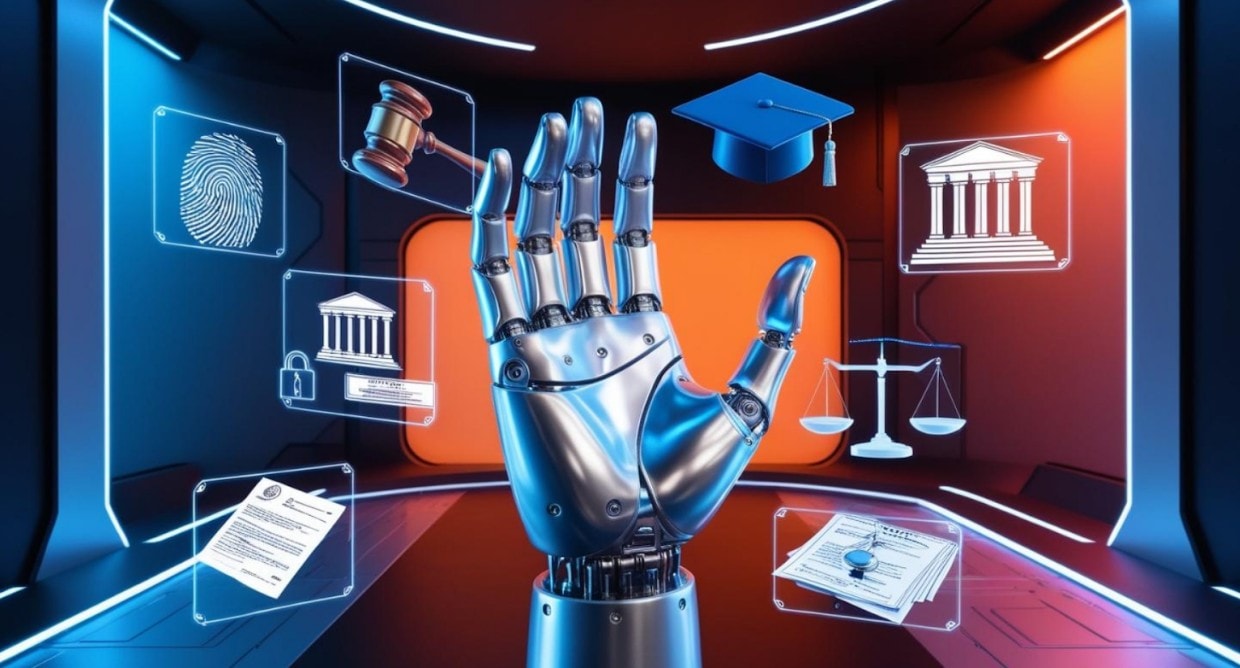
Decentralized AI is fundamentally different from centralized AI systems. Instead of relying on central servers, decentralized AI utilizes distributed networks, allowing for smarter and more collaborative decentralized systems. Multiple AI agents utilize localized datasets to drive learning and decision-making, fostering innovation and adaptability.
One of the most compelling aspects of decentralized AI is its promotion of independence and collaboration through permissionless access. This open infrastructure accelerates innovation and reduces costs, making AI development more accessible to a broader range of developers and organizations. Advocates of open-source AI argue that it not only promotes transparency and reduces bias but also encourages a more inclusive approach to technology.
The market for decentralized AI is projected to grow significantly, with investments expected to reach $436 million by 2024—a near 200% rise. This growth is driven by the need to counteract centralized monopolies that threaten innovation, ethics, and personal freedom. As we move further into 2025, decentralized AI stands as a beacon of hope for a more equitable technological landscape.
Centralization Risks in AI Systems
The current AI landscape is dominated by a few technology giants like Google, OpenAI, and Meta, which control the majority of AI power and resources. Over 90% of search-related AI queries are controlled by Google alone. This concentration of power creates significant risks, including the potential for privacy invasion, manipulation, and a lack of competition.
Centralized AI systems pose several specific risks:
- They create honeypots for hackers and authoritarians, making them prime targets for security breaches.
- Control over software, hardware, cloud computing, and data by tech giants stifles innovation and limits access for smaller players.
- Centralized AI models are often opaque, leading to biases and reinforcing inequalities, as demonstrated by AI hiring tools discriminating against ethnic minorities.
The most pressing concern with centralized AI is the lack of trust it engenders. When a single entity or a few firms control the technology, users have little visibility into decision-making processes, leading to issues of censorship and suppressed sensitive topics. Creating fair and trustworthy systems requires centralized control and decentralization.
Blockchain as a Solution for Decentralized AI
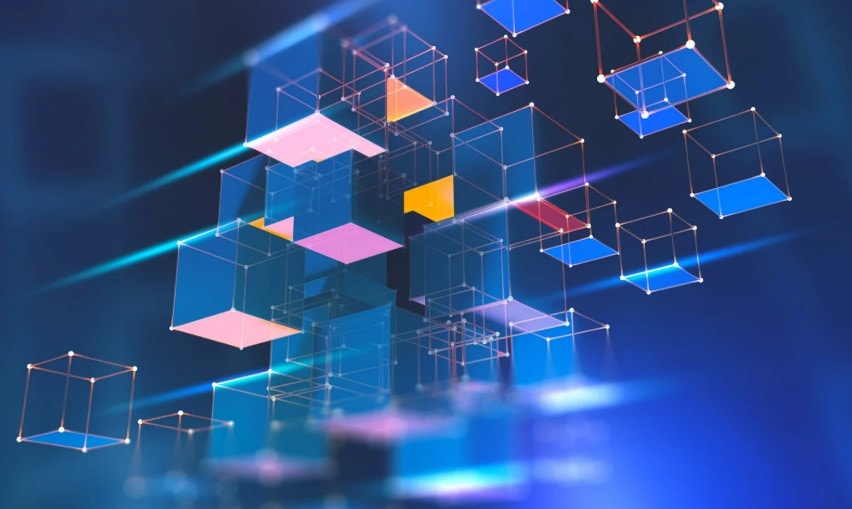
Blockchain technology offers a promising solution to the challenges posed by centralized AI systems. Integrating blockchain with AI creates powerful, distributed, and democratic systems that support a more equitable AI landscape. Blockchain networks enhance AI systems by providing secure, permissionless access and increasing transparency in data usage.
Decentralized governance facilitated by blockchain offers several advantages:
- Removes control from a few dominant firms, allowing broader stakeholder engagement.
- Supports the development of AI by ensuring data integrity and fostering open participation.
- Utilizes decentralized validators within blockchain networks to facilitate faster incorporation of new data into AI models, improving their accuracy and relevance.
Promoting a diverse ecosystem for AI innovation, blockchain ensures that AI development remains transparent and secure. Integrating blockchain and AI enhances data privacy and security while encouraging real-time updates and responsiveness.
Ensuring Data Integrity with Blockchain
Data integrity is crucial for reliable AI training, and blockchain technology ensures the authenticity and quality of AI training data through decentralized consensus mechanisms. An immutable ledger in decentralized AI ensures accountability in data usage and AI operations, offering a transparent and verifiable record of data provenance.
This integrity and transparency are essential for maintaining trust in AI systems. Certifying the authenticity of training data through blockchain networks to ensure integrity of AI models is built on reliable and accurate information, enhancing their performance and reliability, while promoting ethical ai.
Enhancing Security and Privacy
Enhancing security and privacy is another significant advantage of integrating blockchain with AI. Zero-knowledge proofs, for instance, can confirm data validity without revealing the data itself, thus preserving user privacy. Decentralized AI systems improve data privacy through secure sharing methods and encryption techniques, ensuring that sensitive information remains protected.
AI also enhances blockchain security by detecting unusual patterns that may signal threats or breaches. This combination of AI and blockchain creates a robust security framework, making it harder for malicious actors to exploit vulnerabilities in the system.
Key Features of Decentralized AI Models
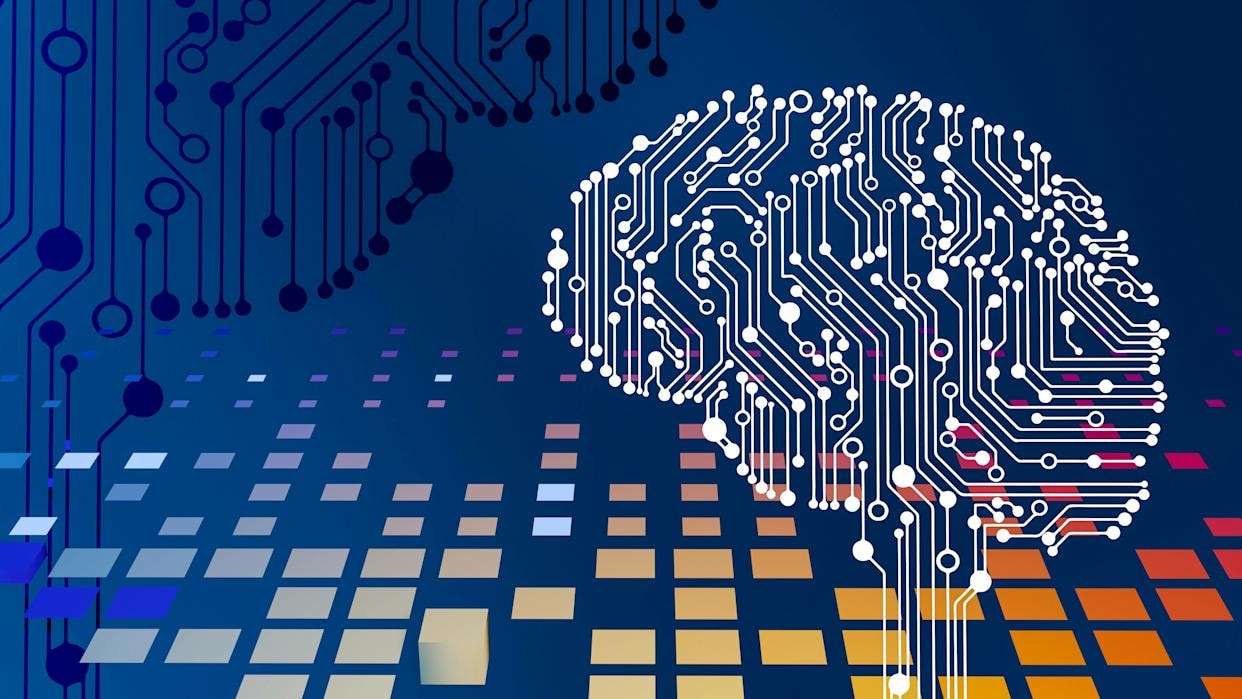
Decentralized AI models offer several key features that set them apart from centralized AI systems. One of the most notable features is the ability for users to earn from their data instead of tech giants collecting it for free. This shift not only empowers individuals but also promotes a more equitable distribution of resources, including decentralized storage.
Transparency is another critical feature of decentralized AI systems. Providing clarity in AI agent behavior and user-owned data, these systems play a vital role in actively combating bias, censorship, and mass surveillance.
Additionally, decentralized AI initiatives utilize tokenomics to reward open participation and collaboration, further enhancing innovation and engagement.
Prominent Examples of Decentralized AI Platforms
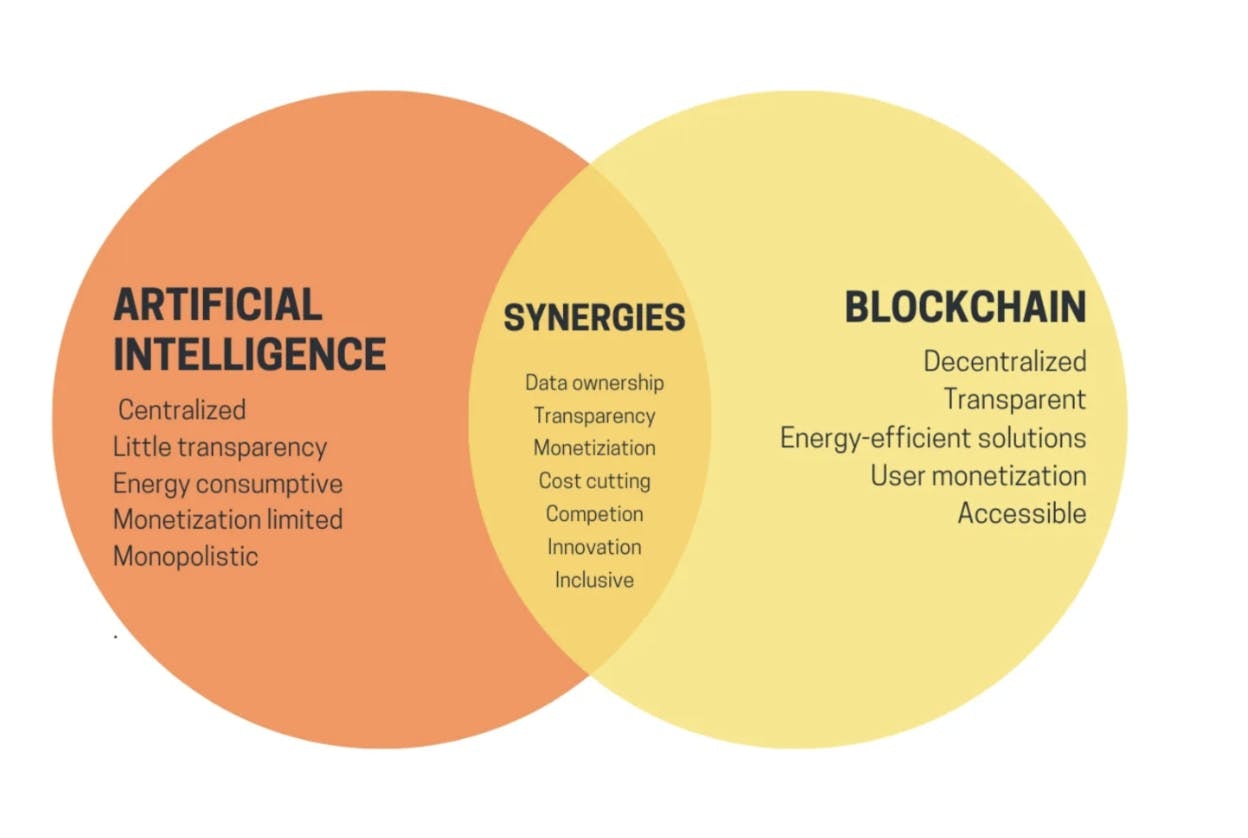
Several decentralized AI platforms are leading the way in this transformative technological shift. Bittensor, Numerai, and Akash Network are notable examples of decentralized AI protocols. Bittensor allows permissionless contributions and offers significant cost savings of up to 80% compared to centralized systems. Its market cap has reached $5 billion, indicating strong investor interest in decentralized AI technologies.
Akash Network provides scalability, energy efficiency, and accessibility, allowing for rapid AI model deployments in under two minutes. Ocean Protocol facilitates secure, decentralized data sharing, which is essential for collaborative AI development.
Projected to exceed $20 billion in market value by 2025, the AI crypto sector reflects the growing economic importance of decentralized AI. These platforms exemplify the potential of decentralized AI to create more efficient, secure, and collaborative AI ecosystems.
Challenges Facing Decentralized AI
Despite its promise, decentralized AI faces several significant challenges. One major limitation is the shortage of state-of-the-art GPUs and bandwidth challenges, which are crucial for training large language models (LLMs). Google DeepMind has made strides in overcoming these issues by reducing inter-node communication by 500x while maintaining performance.
Infrastructure capable of handling millions of transactions per second is necessary for effective scalability in decentralized AI. Specialized models that require less computing power than massive LLMs can help overcome some of these limitations at a single point.
However, the path to widespread adoption of decentralized AI will require continued innovation and investment in infrastructure and technology.
The Role of AI Agents in Decentralized Networks
AI agents play a crucial role in decentralized networks by functioning autonomously to trade, govern, and collaborate. Recent developments, such as AI agents on blockchain networks, indicate a significant shift towards decentralized intelligence. These agents have the ability to shape market behavior, as demonstrated by their impact on the meme coin GOAT.
Blockchain platforms like Ethereum enable microtransactions for AI agents, contributing to a market cap of $16 billion. This capability allows AI agents to operate efficiently within decentralized networks, fostering a more dynamic and responsive AI ecosystem.
The Future of AI Development with Blockchain
The convergence of AI and blockchain holds immense potential for the future of AI development. Industries such as finance, healthcare, and media could be significantly reshaped by this powerful technology. Successful decentralized AI models have the potential to disrupt the dominance of major tech firms by distributing workload and reducing dependence on a single provider.
Key points about AI-focused crypto assets and their market impact:
- AI-focused crypto assets have outperformed other crypto segments in recent months, indicating strong market interest.
- Crypto is expected to play a pivotal role in solving major challenges facing AI, such as data privacy, security, and scalability.
- Ocean Protocol has facilitated over $28 million in trading volume of data tokens, highlighting significant market activity in decentralized AI.
As decentralized AI continues to evolve, it promises to create a more transparent, secure, and equitable technological landscape through artificial intelligence.
Real-World Implications for Big Tech
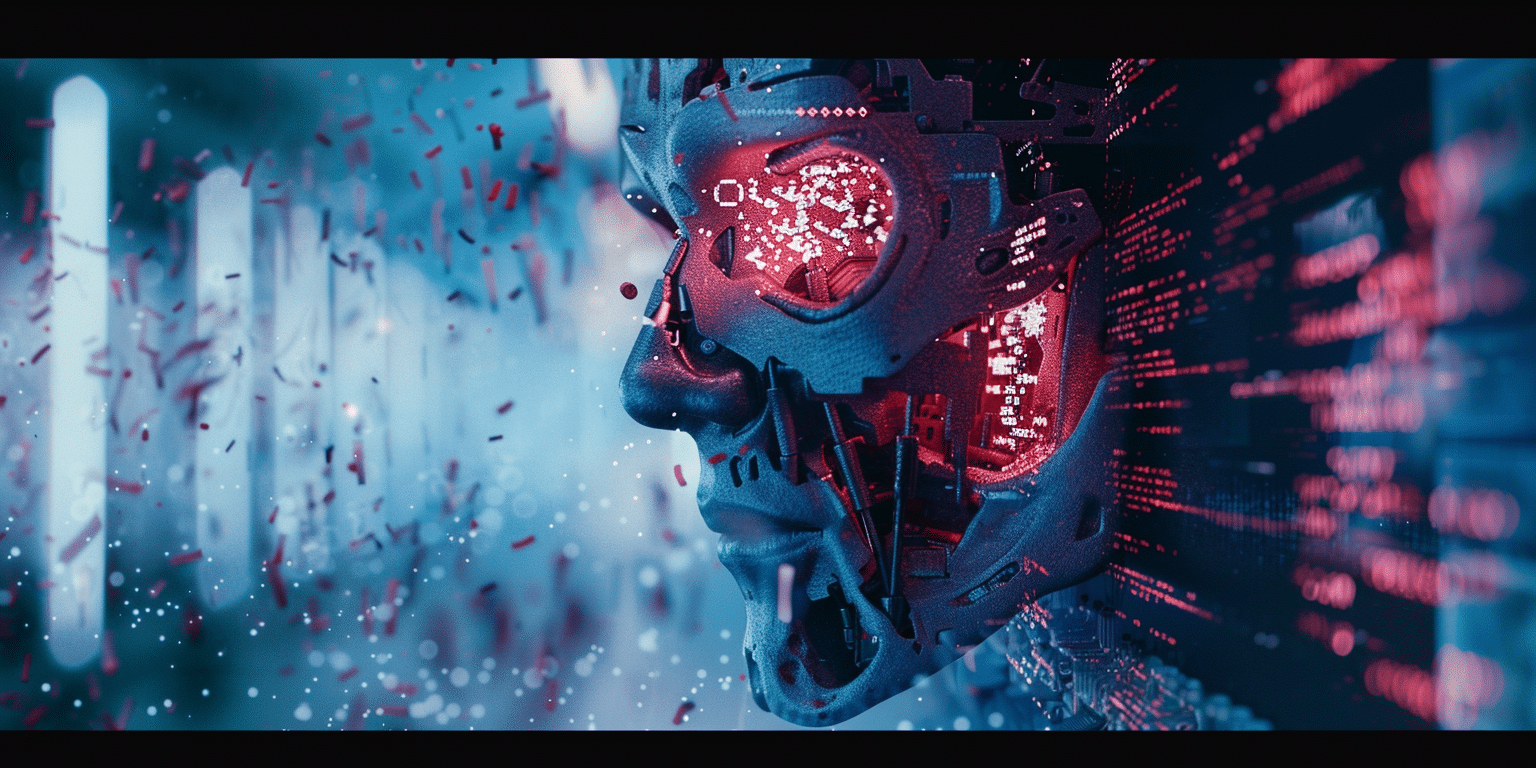
Decentralized AI’s rise carries significant implications for big tech. Historically, companies like Google and Microsoft have dominated AI technologies, stifling competition and innovation. Enhancing transparency and building user trust requires implementing open-source components and conducting independent audits.
A mixed approach that combines both centralized and decentralized AI solutions is necessary to ensure a balanced and fair technology landscape. Clear regulatory frameworks and transparency in operations will be crucial in building user trust and fostering a more equitable AI ecosystem.
Summary
In summary, the integration of decentralized AI and blockchain offers a promising solution to the challenges posed by centralized AI systems. By promoting transparency, security, and collaboration, decentralized AI has the potential to create a more equitable technological landscape. The future of AI development lies in the successful convergence of these technologies, which can disrupt the dominance of big tech and foster innovation across various industries.
As we move forward, it is crucial to continue investing in the infrastructure and technology needed to support decentralized AI. By doing so, we can ensure a fairer, more transparent, and secure future for artificial intelligence.
Frequently Asked Questions
What is decentralized AI?
Decentralized AI leverages distributed networks rather than centralized servers, enabling more collaborative and innovative approaches to artificial intelligence. This model enhances resilience and empowers users through greater independence.
What are the risks of centralized AI systems?
Centralized AI systems pose significant risks, including privacy invasion, manipulation, and bias, which can lead to monopolistic control by a few dominant tech companies. It is crucial to consider these issues to ensure ethical and equitable AI usage.
How does blockchain support decentralized AI?
Blockchain supports decentralized AI by ensuring data integrity, transparency, and security, which fosters decentralized governance and enables quicker integration of data. This synergy creates a robust framework for AI applications to operate independently and reliably.
What are some prominent examples of decentralized AI platforms?
Prominent examples of decentralized AI platforms include Bittensor, Numerai, and Akash Network, known for their permissionless contributions and secure data sharing capabilities. These platforms facilitate rapid model deployments and foster collaboration in AI development.
What challenges does decentralized AI face?
Decentralized AI is challenged by a lack of advanced GPUs, bandwidth limitations, and the requirement for scalable infrastructure to manage extensive transaction loads efficiently. Addressing these issues is crucial for its successful implementation.

